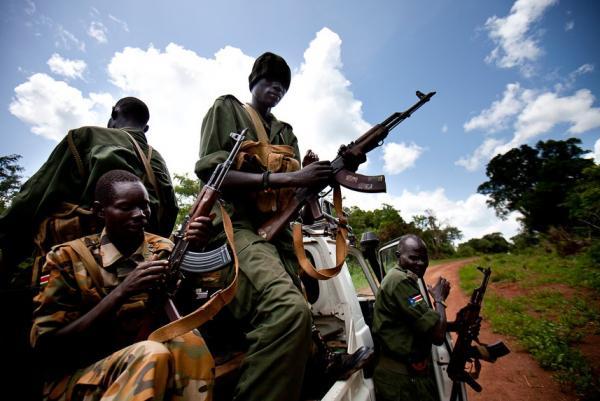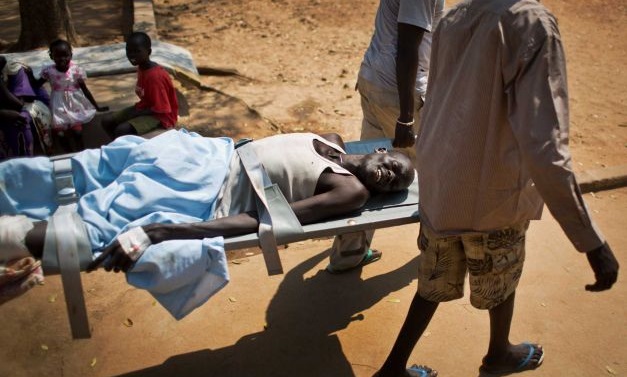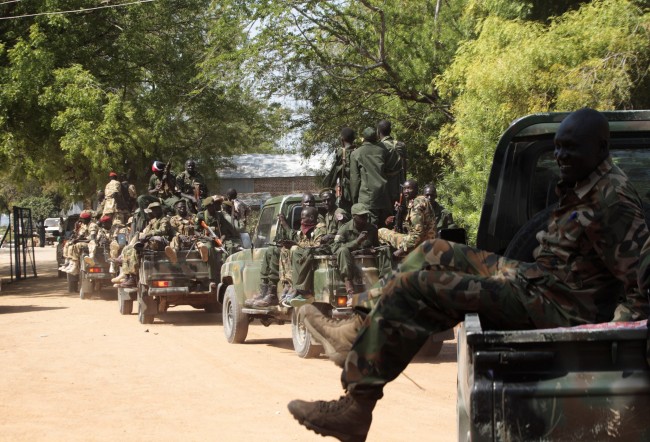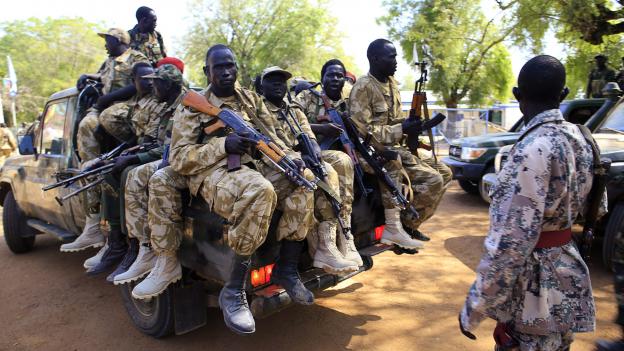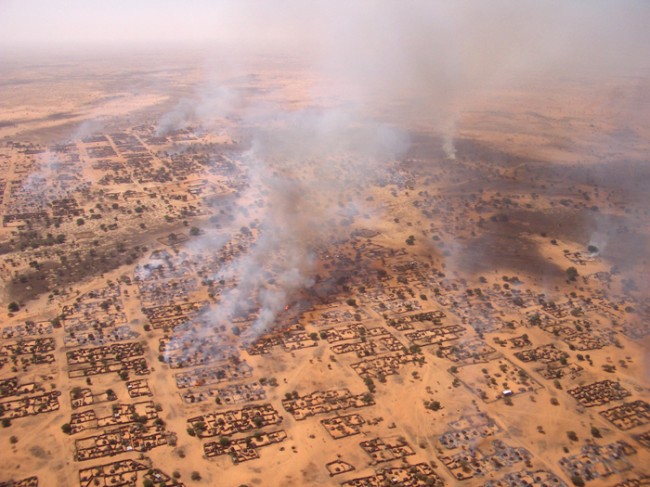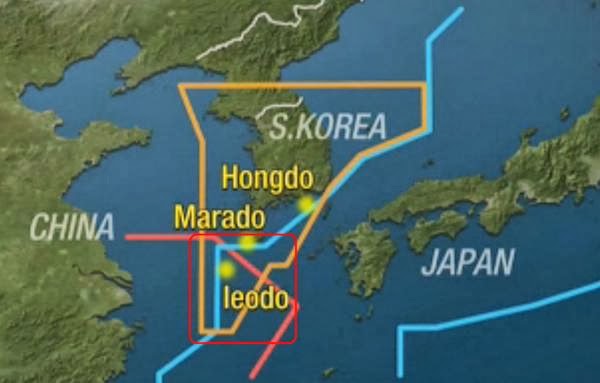As rebels advance on Bor and Uganda warns Machar, those on the ground watching the situation unfold are anxious for an in-depth South Sudan update. The remnants of the White Army that have been marching toward Bor over the past days have gotten within miles of the city. Observers expect a serious battle within the next 24 hours.
The two forces–the Sudan People’s Liberation Army and the rebel army–had engaged in a limited manner Sunday, Dec. 29, when the SPLA soldiers stationed in Bor had come out of that city to attack the approaching White Army.
The White Army is Lou Nuer, a tribe loyal to former Vice President rebel leader Riek Machar. On Dec. 30, army spokesman colonel Philip Aguer announced that the rebel forces were expected to attack the city soon, but that Aguer was confident that the government army would keep them from taking Bor.
The White Army had advanced toward Bor over the previous days. South Sudanese Information Minister Michael Makuei reported that the rebel force, initially 25 000-strong, had been largely convinced by Nuer tribal elders to discontinue the mission. 5,000 of the youth army continued, dislodging SPLA troops from Mathiang, a town near Bor, before proceeding another 18 miles to the city. The rebels have 30 vehicles and are armed with machine guns, according to Aguer.
Bor had been taken by rebels days after the South Sudanese conflict originally broke out Dec. 15 and was retaken by the SPLA on Dec. 24. On Saturday the rebel forces commented on this, saying that their troop withdrew briefly for tactical reasons but that the rebels would reclaim the town in time to prevent lynchings of Bor residents suspected of rebel support.
During the days after the rebels were forced out of Bor, they staged several attacks on the city, but civilians had begun returning to Bor, according to SPLA spokesmen. However, in fear of the White Army’s advance, civilians have again fled, this time across the White River into the neighboring state, according to UN reconnaissance.
Gadiang, north of Bor, also had seen clashes between the two forces on Dec. 29. The rebel group in this instance was believed to be loyal to rebel leader David Yuayau. In addition to killings, workers in the area were warned by the rebel leader to cease work, and people’s phones were taken.
Yauyau, a politician who failed to become representative of his home country Pibor in last year’s elections, is one of three men who rebelled against the government in May last year.
Malakal was retaken by the government Sunday, Dec. 29 after a fierce battle, and the SPLA had pursued the rebels outside of the town, according to the South Sudanese government. Malakal had been partially controlled by both forces during the previous week, during which time the two forces had engaged several times.
Juba, the capital of South Sudan, is under maximum security control, according to the Aguer.
The current number of displaced South Sudanese is 180,000, according to the UN. 75,000 are receiving refuge in UN compounds around the country; 20,000 around Bor and 22,000 around Malakal. According to the army, 1,000 government soldiers have been wounded.
Aid organizations working in South Sudan have asked for $209 million to provide for the next three months. They have received $43 million so far.
Both President Kiir and Machar are facing growing international pressure to resolve their dispute. The UN delegation in Juba has repeatedly urged Kiir to find a means to engage Machar in dialogue to avoid further turmoil. The UN fears that the conflict could escalate into a tribal civil war. Other South Sudanese and international activists and organizations have also been vocal about seeking immediate conflict resolution.
The UN, who has the largest international presence in South Sudan, has had some success in mitigating the conflict. The UN mission started conducting aerial reconnaissance flights Dec. 29 to monitor the White Army’s progress through Jonglei state. UN representatives contacted the White Army to convince them to halt for the sake of avoiding further escalation, according to UN spokespeople.
The UN is doubling its peace-keeping force in South Sudan to nearly 14,000, which should be fully installed in South Sudan within two weeks. The troops will be redeployed from other UN missions in Liberia, Darfur, Haiti, Cote d’Ivoire and elsewhere.
Other East African nations have begun to involve themselves in the conflict. At a meeting last week held in Nairobi, attended by the six nations of East Africa’s IGAD organization, several resolutions were made regarding the rebel uprising. According to South Sudan’s Cabinet Affairs Minister, “The government accepted in principle to do four things. First, we accepted to stop hostilities as [a] priority. We also accepted to release political detainees; some of them have already been released. Thirdly, we accepted and commit ourselves to peaceful dialogue without preconditions. The fourth one is to provide access to all areas for humanitarian assistances and operations.”
Monday, the Ugandan President, Yoweri Museveni, threatened Machar, stating that if Machar fails to heed the ceasefire demanded by IGAD, that region’s leaders would band together against Machar’s forces. Museveni has sent Ugandan troops to fortify Kiir’s SPLA.
“We gave Riek Machar four days to respond and if he doesn’t we shall have to go for him, all of us, that is what we agreed in Nairobi,” Museveni told reporters, referring to the deadline of Dec. 31 by which time IGAD members wanted Machar to call off his attacks.
The intentions of neighbor states in South Sudan have been questioned by some activists and politicians who suspect that IGAD leaders have double standards and are not interested primarily in ending South Sudan’s current conflict. One political prisoner released by the South Sudanese government last Friday, former Minister for Higher Education Adwok Nyaba, alleged that Uganda had close to 3,000 troops and some war planes active in South Sudan. The Ugandan government dismissed these allegations.
“That remains speculative and I have no idea that we’ve engaged in such an action at all,” said a spokesman for the Ugandan army.
A Ugandan MiG-29 bombed rebel-held positions near Bor before Kiir’s SPLA retook that town from the rebels, according to Machar in an interview given Dec. 27. Marchar complained that Uganda was interfering in the internal affairs of South Sudan.
Ethiopia, fearing a civil war, began evacuating its 15,000 citizens who reside in South Sudan in the hundreds. 650 Ethiopians have been evacuated from Nasir town in Upper Nile state, 300 Ethiopians have been flown out of Bor to Juba on UN helicopters, and 800 Ethiopians were evacuated from Bentiu, the capital of Unity state, to Heglig oil field on the northern border.
Other international residents have also evacuated hundreds of their citizens from South Sudan during the past weeks.
Although EGAD and the South Sudanese President have called for immediate peace talks, President Kiir has flatly refused any possibility of sharing power with Machar. Kiir stated that sharing power was “not an option.” Kiir cited his claims that Machar had attempted a coup and stated that Machar did not deserve to share power in South Sudan: “These men have rebelled. If you want power, you don’t rebel so that you are rewarded with the power. You go through the process.”
Machar, for his pary, stated on the 29th that he would not participate in any talks with the government until all political prisoners were freed from Juba.
The origin of the South Sudanese conflict lies in hostilities that broke out in Juba between the guards of South Sudan’s President Kiir and former Vice President Machar Dec. 15. The conflict quickly and spontaneously spread across South Sudan’s 10 states.
By Day Blakely Donaldson
Sources:
Land and Sea Journal
New York Times
UN
BBC
Washington Post
Reuters
Sudan Tribune
Sudan Tribune
Sudan Tribune
Oman Observer
